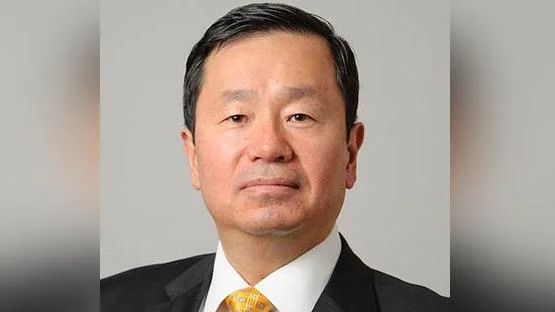Mun Y. Choi, PhD, President | University of Missouri
Mun Y. Choi, PhD, President | University of Missouri
Researchers at the University of Missouri are applying artificial intelligence to improve how large campuses manage their energy use. The project aims to help institutions across the country become more efficient, lower operational costs, and reduce carbon emissions.
In a recent study, Sanjeev Khanna and Saad Alsamraee examined six years of data from Mizzou’s Combined Cooling Heat and Power Plant. The dataset covered energy usage across campus along with environmental factors such as air temperature, humidity, wind speed and direction, and solar radiation. These variables were tracked on an hourly basis between 2017 and 2022.
By using machine learning methods, the research team was able to predict Mizzou’s energy needs for 2023 with an accuracy rate of 94%.
“By knowing when there are going to be peaks and valleys and how much energy will be needed, even on an hour-by-hour basis, we can ultimately help power plants better plan ahead so they can be as efficient as possible with energy use,” Khanna said. “This research can help universities and industries reduce carbon emissions and save money.”
Accurately forecasting periods of low demand also allows universities to schedule maintenance breaks while minimizing disruptions.
Although the study focused on data from Mizzou’s campus, the results indicate that similar approaches could benefit other power plants nationwide.
Khanna is a professor of mechanical engineering at MU and directs the Midwest Industrial Assessment Center. Over nearly two decades, he has received ongoing support from the U.S. Department of Energy. His work in Missouri has contributed to lowering electric demand by about 300 megawatts statewide, produced over $120 million in economic benefits, and reduced annual carbon emissions by more than 0.8 million tons.
“The collaboration at Mizzou sets us apart from other universities,” Khanna said. “The administration is very supportive of outside-the-box thinking, and working at a land-grant university has allowed our research to help industries all across the state.”
The findings were published in Energy Strategy Reviews under the title “High-resolution energy consumption forecasting of a university campus power plant based on advanced machine learning techniques.”





 Alerts Sign-up
Alerts Sign-up